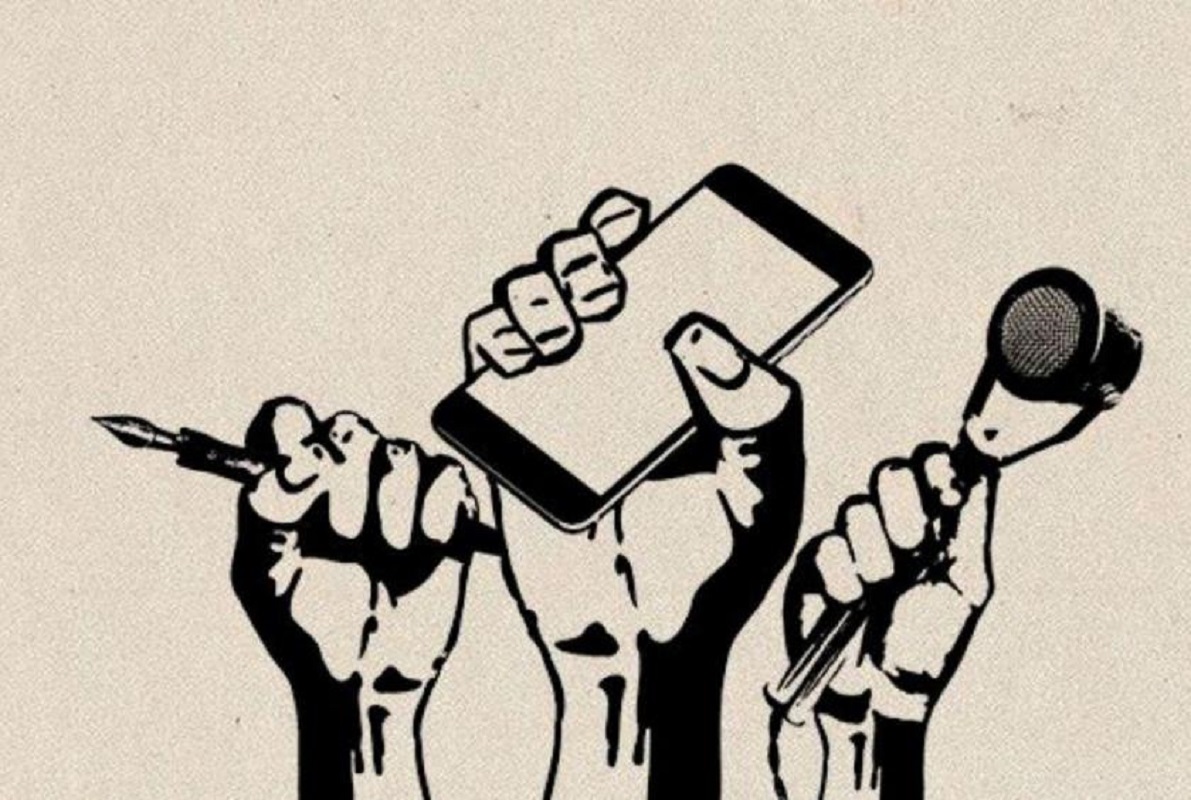Silenced Voices: The Threat to Freedom of Speech in Bangladesh
Nazmul Haque | 08 February 2023
The right to free expression is one of the most fundamental aspects of human rights and is essential to the successful operation of a democratic society. It is the foundation of any democratic government and ensures that all citizens have the freedom to freely express their thoughts, ideas, and criticisms without the threat of being repressed or silenced in any way. Sadly, in Bangladesh, this right is subject to a number of restrictions. The Press Freedom Index places Bangladesh in the bottom half of all countries, placing it 150th out of 180 in the year 2020. (freedominfo.net, 2023). This is glaring evidence that the government is not upholding the right to freedom of speech to the appropriate degree.
Laws such as the Digital Security Act (DSA) and the Official Secrets Act have been accused of being exploited by the government to suppress freedom of speech, which has led to the arrest and imprisonment of a number of journalists and activists. These laws have been criticized for having clauses that are too wide and too vague, and it has been argued that this allows the government to punish speech that is critical of the government. According to the declarations made by the United Nations, this constitutes a violation of the international standards for human rights (UN, n.d.). The Disruptive Speech Act, in particular, has come under fire for having sections that are overly wide and ambiguous, which can be used to criminalize speech that is critical of the government, and for having high penalties that it imposes for purported infractions of the act. This has resulted in the arrest and imprisonment of several journalists and activists under the DSA, including the case of photojournalist Shahidul Alam, who was arrested and charged under the DSA in 2018 for his comments on the student protests. Shahidul Alam was arrested and charged under the DSA for his comments on the student protests (Committee to Protect Journalists, 2018).
Recent attacks on journalists and activists and a lack of accountability for such attacks have further underlined the dangers faced by individuals who speak out against the government. According to information provided by the Committee to Protect Journalists (CPJ), Bangladesh is one of the countries where it is the most dangerous to be a journalist. Since 1992, at least 34 journalists have been slain in connection with their work in Bangladesh (CPJ, 2023). It is quite evident from this that the administration is not making sufficient efforts to safeguard the physical safety of reporters and activists.
In Bangladesh, there is insufficient protection for individuals' rights to freedom of expression, which has a deleterious impact on the democratic process in that nation. A free press is necessary for a functioning democracy because it ensures that the government is held accountable, educates the populace, and enables open discussion among citizens. It is impossible for citizens to hold their government accountable if they do not have the right to free expression, and they also run the risk of being misinformed about critical matters. This results in a lack of openness and accountability. The democratic process, as well as the capacity of citizens to make decisions based on accurate information, are both harmed as a result of this.
The government of Bangladesh must take prompt action in order to defend the right to free speech and ensure that those responsible for attacks on journalists and activists are held accountable. In order to comply with international human rights norms, laws such as the Digital Security Act and the Official Secrets Act need to be reviewed and must be amended. Additionally, it is required to take steps to prosecute those responsible for attacking journalists and activists. Additionally, the government must offer the appropriate protection to journalists and activists who, as a result of their work, are in danger of suffering physical injury.
In conclusion, the right to freedom of speech is an essential component of human dignity, and it is the job of the government to ensure that it is safeguarded. The government has to review legislation such as the DSA and the Official Secrets Act and make any necessary changes to comply with international human rights norms. It is also responsible for taking steps to bring to justice those responsible for attacking journalists and activists. Journalists and activists who put themselves in danger by doing their jobs ought to be afforded the level of protection that is appropriate by the government.
Nazmul Haque is a Research Fellow at the Centre for Governance Studies (CGS). Mr. Haque is currently pursuing his Master’s in Philanthropic Studies at Lilly Family School of Philanthropy, IUPUI, Indianapolis, USA. He is working as a graduate assistant at Muslim Philanthropic Initiative (MPI) and assisting the research team of MPI. He is also an executive member of South Asia Centre for Labour Mobility and Migrants (SALAM), a knowledge hub supported by International Labour Organization (ILO), International Organization for Migration (IOM) and UN WOMEN. Mr. Haque has co-authored numerous articles (, policy briefs and also coordinated numerous research.
Views in this article are author’s own and do not necessarily reflect CGS policy.
